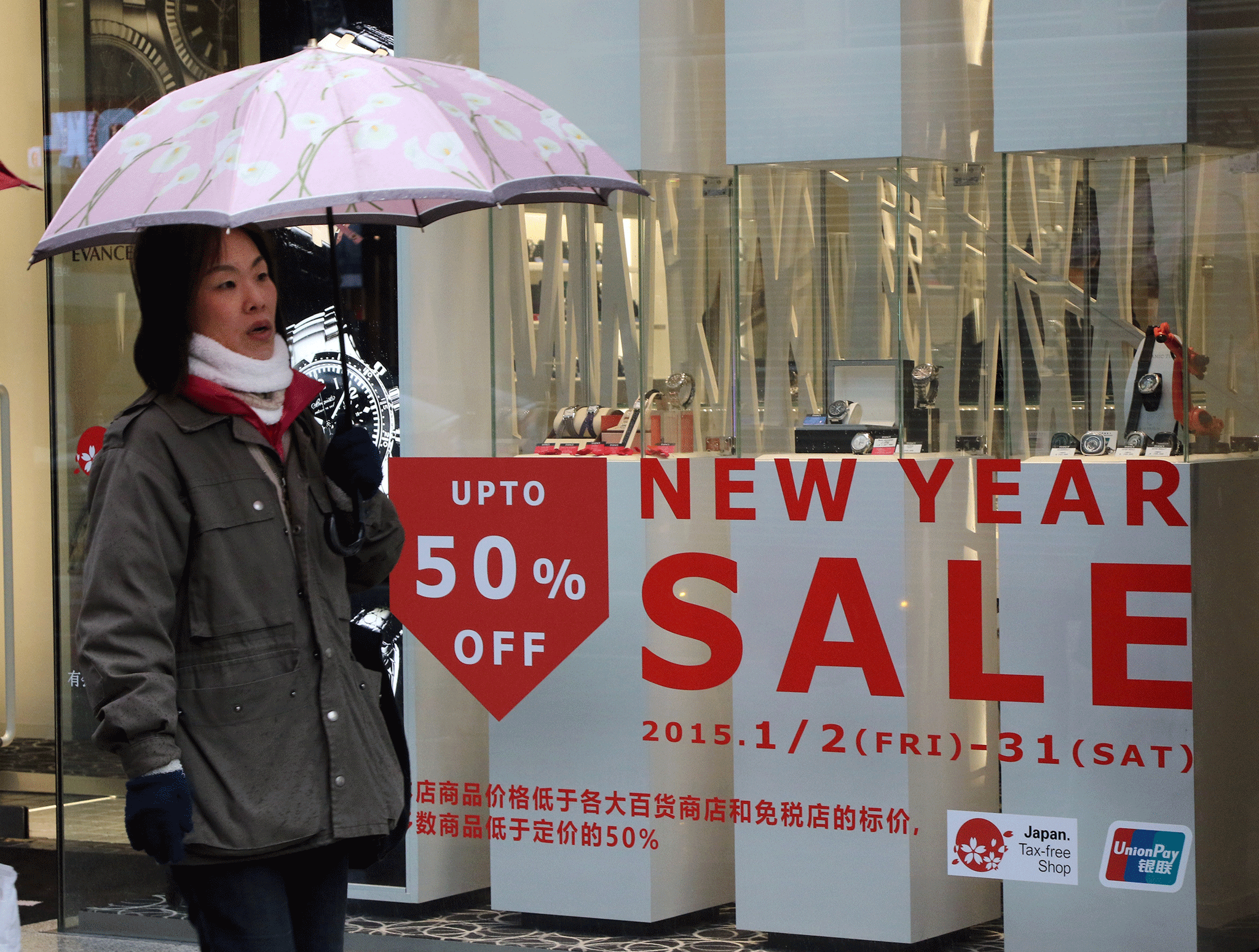How a bankrupt fishmonger became a billionaire by creating a 'Japanese shopping wonderland'
Hirotake Yano opened the first 100-yen store in 1991, a couple of years after the burst of the Japanese economic ‘bubble,’ which was the beginning of a profound shift in Japanese consumer culture

Selling everyday items to bargain hunters has made the founder of Japan’s biggest discount store a billionaire.
Hirotake Yano, founder and president of closely held Daiso Sangyo, the self-described “Japanese shopping wonderland,” was one of the country’s first vendors to adopt a single-price model and used that strategy to build a net worth that the Bloomberg Billionaires Index values at $1.9bn (£1.5bn).
“His timing was perfect,” Pascal Martin, a partner at OC&C Strategy Consultants, said in an email. “Opening the first 100-yen store in 1991, a couple of years after the burst of the Japanese economic ‘bubble,’ which was the beginning of a profound shift in Japanese consumer culture.”
Mr Yano, 74, declined to comment on his fortune, according to a Daiso spokeswoman.
Mr Yano’s path to entrepreneurship was anything but direct. After graduating from Chuo University in Tokyo, he drifted through a series of different jobs that included running his father-in-law’s fishery until it went bankrupt, according to Daiso’s website.
He began hawking goods from the back of a truck in 1972 and came up with the idea of charging 100 yen for all his merchandise to save the time it took to attach the price tags. He incorporated Daiso, which translates to “creating something big,” in 1977.
Stagnant wages and a sputtering economy led to a fundamental shift among Japanese consumers in recent decades, spurring them to seek greater value for their money. That has proved to be a boon for the nation’s discount retail industry, with annual revenue of about 600bn yen (£41bn), UBS said in a March 2016 note to clients.
Daiso, the largest of the group, operates more than 3,150 stores domestically and 1,800 overseas. Revenue for the Hiroshima-based retailer totaled 420bn yen for the year ended March 2017, up from 81.8 billion yen in 1999.
Seria, Japan’s second-largest discount retailer, has surged 39 per cent this year, boosting the value of the 37 per cent stake held by Hiromitsu Kawai and his extended family to $1.3bn. Kawai, who created the Ogaki-based business in 1987, handed control to nephew Eiji Kawai, who joined as managing director in 2003, and was named president in June 2014.
Masanori Kobayashi, a Seria spokesman, confirmed the family’s holding, while declining to comment on its wealth.
Seria benefits from same-store sales growth that’s about 1 percentage point higher than peers, according to Nomura Holdings Inc. analyst Kousuke Narikiyo. The company seeks to gain a competitive advantage through an inventory management system, compared with Daiso, which puts more emphasis on volume to drive profit.
Daiso sells about 70,000 household items, an offbeat collection that includes finger rollers, mannequin heads, fake money, pet clothes, chair socks and comic book storage bags. Revenue climbed 6.3 per cent in fiscal 2017, compared with Seria’s 11 per cent growth.
Yano attributes his success to astute product sourcing, which allows Daiso to offer high-quality items alongside quirky must-haves, all for 100 yen apiece, the equivalent of $1. His in-house buyers negotiate directly with manufacturers to order large quantities at low prices, a strategy similar to the one used by Bentonville, Arkansas-based Wal-Mart Stores Inc., the world’s biggest retailer.
While Japan’s economy has sprung to life — posting five consecutive quarters of growth, its longest run in a decade — the desire for deals remains firmly rooted in the minds of consumers.
“Japanese people want more savings these days,” Nomura’s Narikiyo said. “They won’t abandon the habit of buying budget goods developed over the past 20 years.”
Bloomberg
Join our commenting forum
Join thought-provoking conversations, follow other Independent readers and see their replies
Comments